Tackling Plastic Pollution one Step at a Time
Senior Tillie Rubin conducted her senior project for Civitas on plastic pollution, surveying the student body on their plastic habits and researching effective ways to minimize plastic waste. Her findings give an insightful look into plastic pollution on a global and local scale.
I picked up a lot of plastic as part of my community service hours for the Civitas program at Rio Americano High School. So, I decided to do some research about our environment, make some small, but important changes, and share what I have learned with you.
Plastic is made to last forever, but 33% of is thrown away after just one use. In fact, 92% of that plastic ends up in landfills, becomes ‘litter’, and a small amount is destroyed. Plastic doesn’t biodegrade, but breaks down into smaller pieces which overwhelms our planet and destroys our environment, wildlife, and health. According to the Plastic Pollution Coalition, by 2050, the oceans will contain more plastic than fish by weight.
Americans throw away more than 30 million tons of plastic a year. California takes plastic pollution more seriously than other states, but apparently not seriously enough. Results of a month-long clean up held by the California Coastal Commission during September 2020 reported 70,000 pounds of trash collected from parks, creeks, beaches and public areas. An astonishing 75% was plastic, most of it single use items including masks, straws and take-out containers.
Locally, when you walk along the American River Parkway behind Rio Americano, you will see the trail littered with water bottles, masks, and other trash. As of February 5, 2021 volunteers from the American River Parkway Foundation cleaned up 6,500 pounds of trash this year alone.
The good news is that 96.1% of the 179 Rio Americano High School community members surveyed care about plastic pollution. I’m not talking about the kind of care that really means they have thought about it once or twice. The Rio community cares so much that they not only engaged with the survey, but think there should be more information and tips to help them make better choices and would cut down on plastic consumption, reuse and/or replace plastic items with more sustainable products, as well as would work to convince large companies not to produce single use plastic.
So let’s start with the facts: the problem, the biggest contributors to the problem, simple changes we can make and what we can do to influence a larger change.
What’s the problem with Plastic and why is it so bad?
More than just littering our land, plastic polluting has endless damaging effects to the environment and even human health. Plastic pollution kills thousands of marine mammals such as seabirds, sea turtles, and seals because they ingest or get entangled in it. Over one million marine animals are killed each year due to plastic debris in the ocean according to the Sea Turtle Conservancy.
Human health is also affected by plastic. Ninety-three percent of Americans have BPA from plastic in their body. BPA is an industrial chemical that can leak out of plastic containers and into the food and drinks we consume. Low amounts of BPA have been proven to cause many health problems including heart issues, cancer, birth defects, and weakened immunity.
It makes sense that plastic is bad for wildlife and our health, but what you probably didn’t know is that making and transporting plastic is harmful. The largest ingredient that plastic is made out of is crude oil. Every year we use 17 million barrels of oil to make plastic water bottles. Most of us are happy to toss our plastic water bottles in a recycling bin; that is, if we can find one. The challenge of locating a recycling bin and figuring out what can go in them is small compared to the environmental issues created by making and disposing of these bottles. Both transporting the crude oil to factories that make plastic and then disposing of plastic by incineration generates CO₂ emissions. This can contribute to climate change by trapping heat and air pollution.
Small changes
It is clear from the survey that it is hard to avoid using plastic completely. Even though the goal is to be plastic free, there are programs that try to minimize the problem by recycling what is produced. CalRecycle is a program that encourages certified plastic processors to buy plastics from recycling centers, curbside programs and collection programs that they then wash, flake or pelletize to sell back to a product manufacturer who in turn makes a product out of the material they purchase. “Our program is meant to incentivize the use of recycled plastic and close the loop in California. It’s really cool to be able to see the different types of products made from a simple water bottle or a jug of milk,” states Veronica Martin, Recycling Specialist II at CalRecycle.
This does take care of some of the plastic, but we can do more. There are many ways to easily cut down on plastic by using alternatives. Some options include using stainless steel water bottles, bringing your own bags whenever you shop, using metal straws, and bringing your own to-go cups, food containers, and utensils when you buy food out. A good alternative to plastic wrap and sandwich bags are bee’s wrap or Abeego sheets that can be reused. You can get creative on alternatives or check out Get started living plastic free — Plastic Pollution Coalition.
Tackling the Bigger Issue
Almost 80% of participants in the survey think less plastic packaging would be the most important step to take in reducing plastic pollution. One person stated, “I think that attacking these big corporations with policies is the only way. Many corporations won’t change with awareness they know what is going on and at the end of the day it is about money for them.”
You asked for ways to influence corporations to change their packing and below are two places to start. Coca-Cola has been the #1 corporate plastic polluter for the past two years, producing about 3 million tons of plastic packaging a year; however, the company’s Head of Sustainability has stated that Coca-Cola will not stop producing plastic packaging because consumers still want it. If you agree that Coca-Cola should be a leader instead of blaming their plastic problem on consumers, you can sign this petition. If you have ordered anything off of Amazon over the past year, you received your fair share of unnecessary plastic packaging. You can join Plastic Pollution Coalition and the Break Free From Plastic movement in Telling Amazon To Stop Polluting Our Planet With Single-Use Plastic Packaging (p2a.co)
Voting for policies and initiatives as well as writing letters and signing petitions to deter big corporations from producing plastic packaging is a powerful way to tackle the problem. If you are interested in an easy way to make your voice heard on the subject, you can check out the Plastic Pollution Coalition web page to see which companies to learn about and vote for bills that stop the use and production of single use plastic. Make your voice heard! (p2a.co).
If you are interested in learning more and using less plastic, I encourage you to check out the Plastic Pollution Coalition for some great ideas and resources.
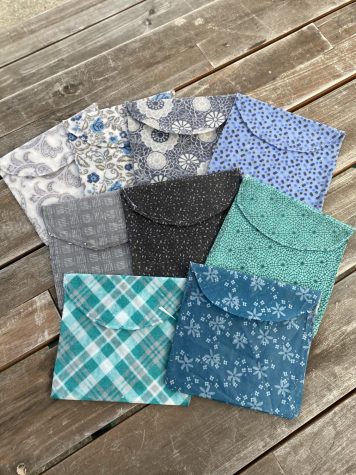
In addition, if you donate at least $3.00 in the name of Rio Americano High School, #PlasticFreeRio, through the following link, let me know by emailing me a picture of your confirmation receipt at [email protected] and I will send you a handmade beeswax sandwich bag to replace your plastic one!

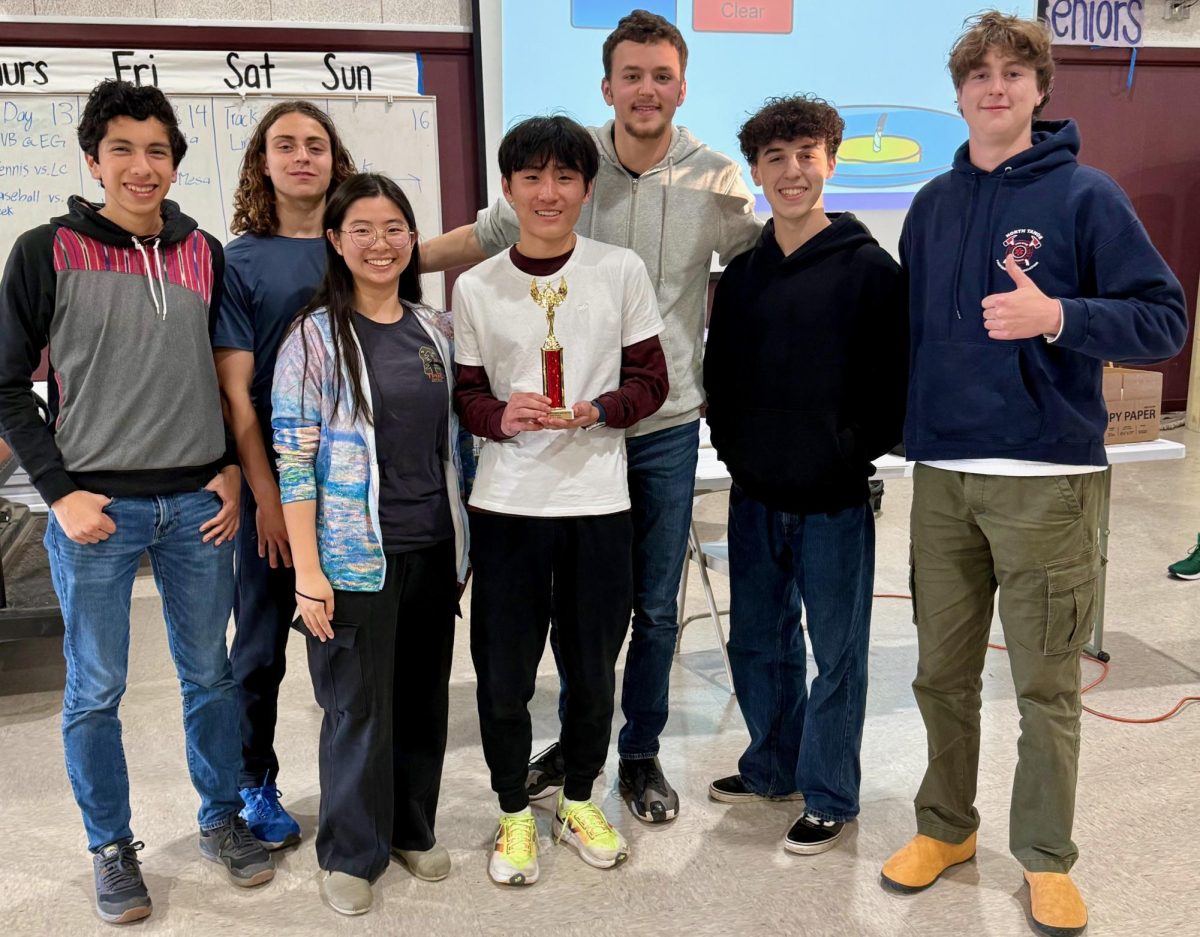
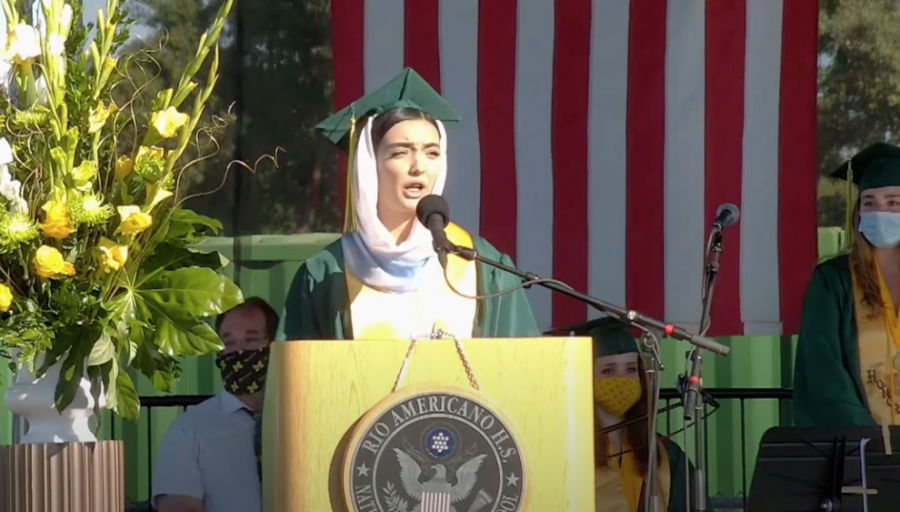
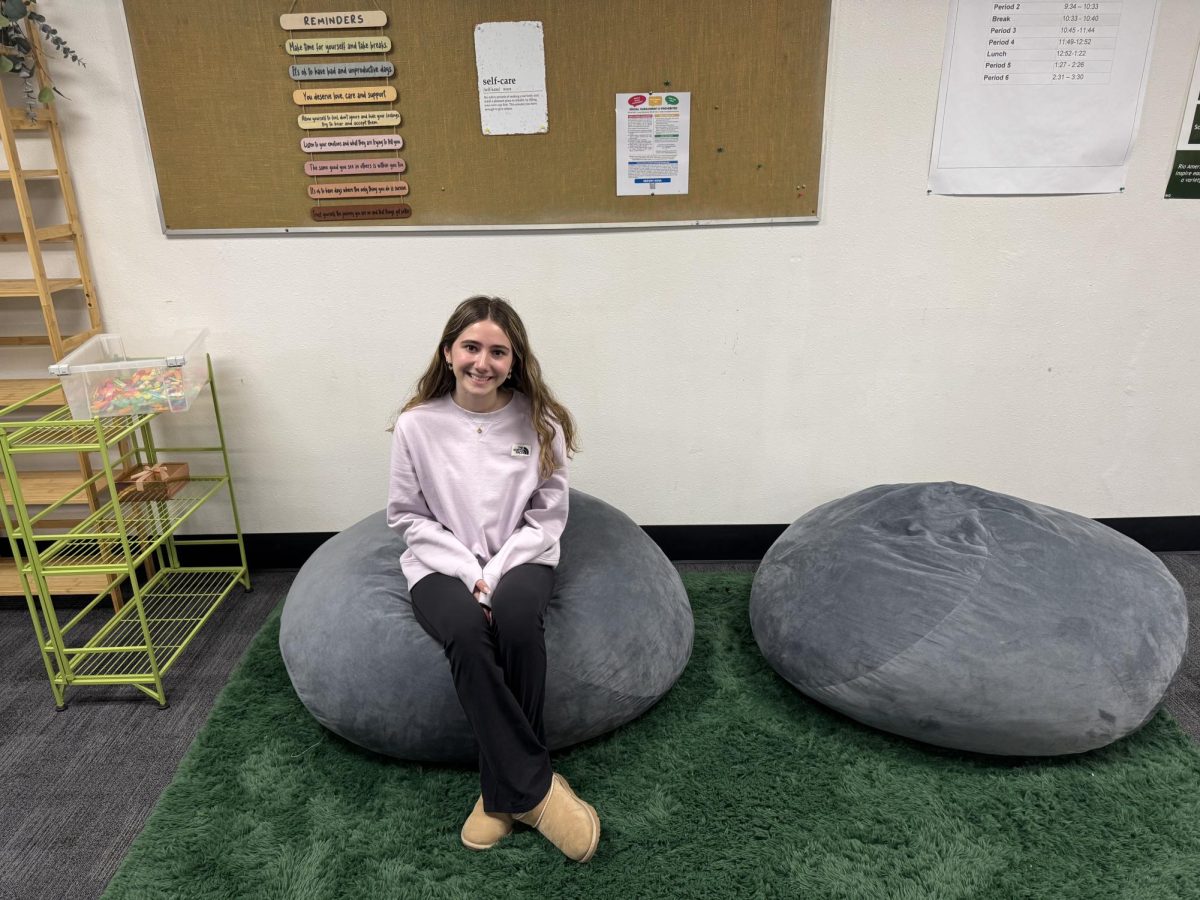
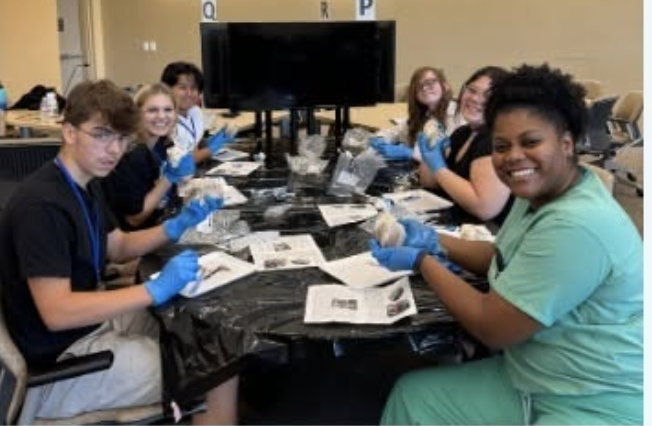
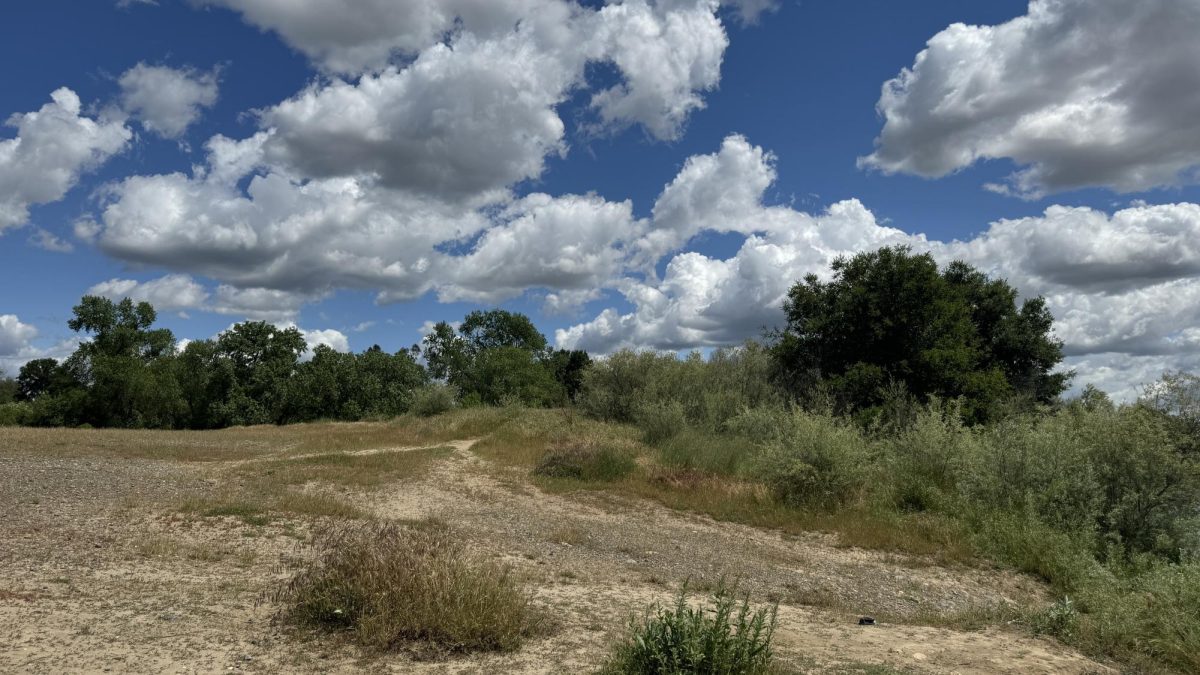



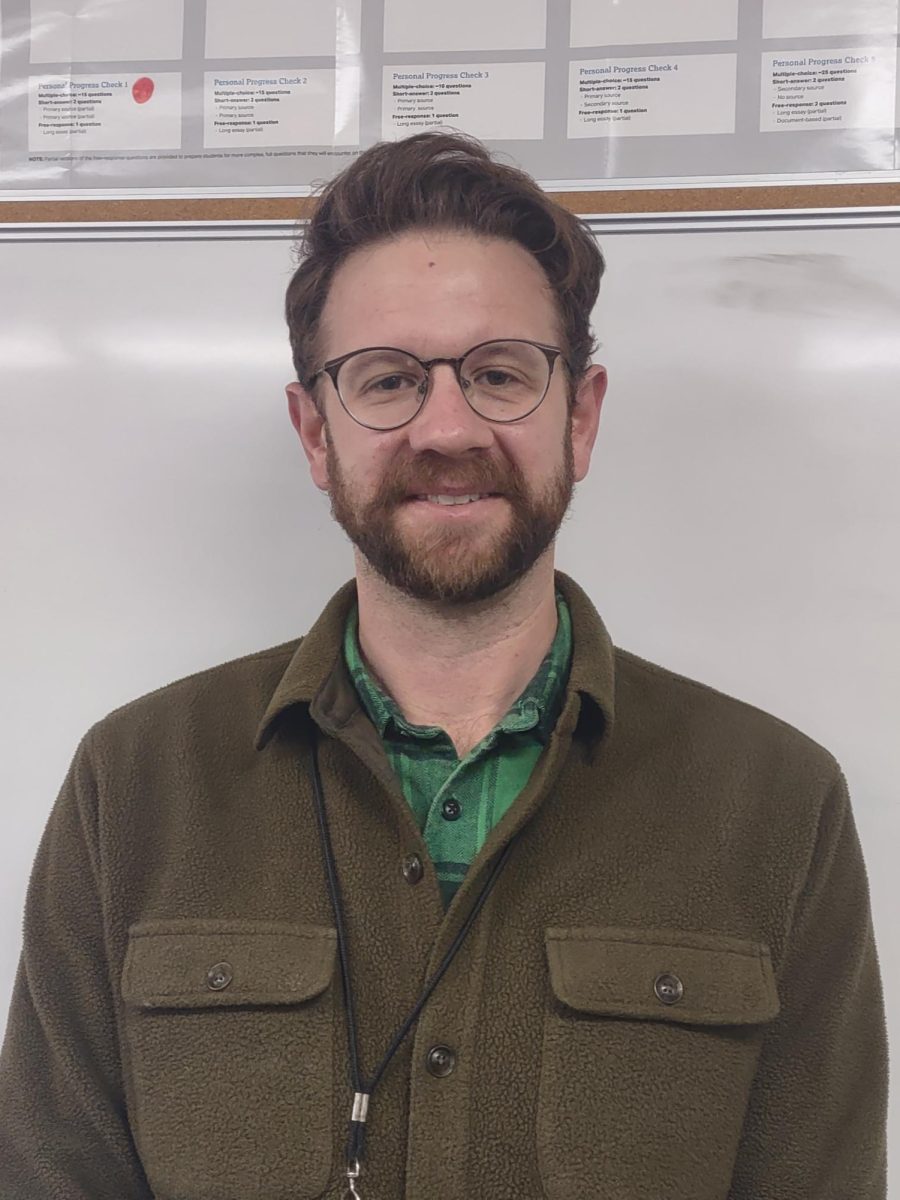


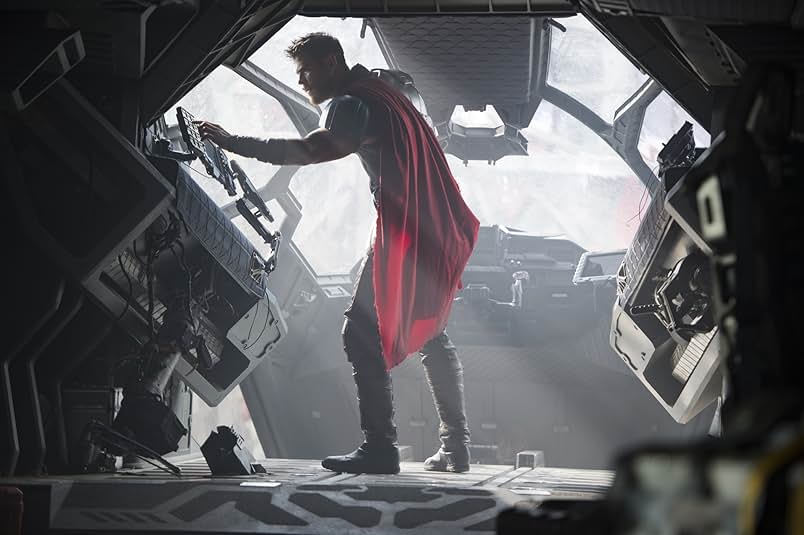



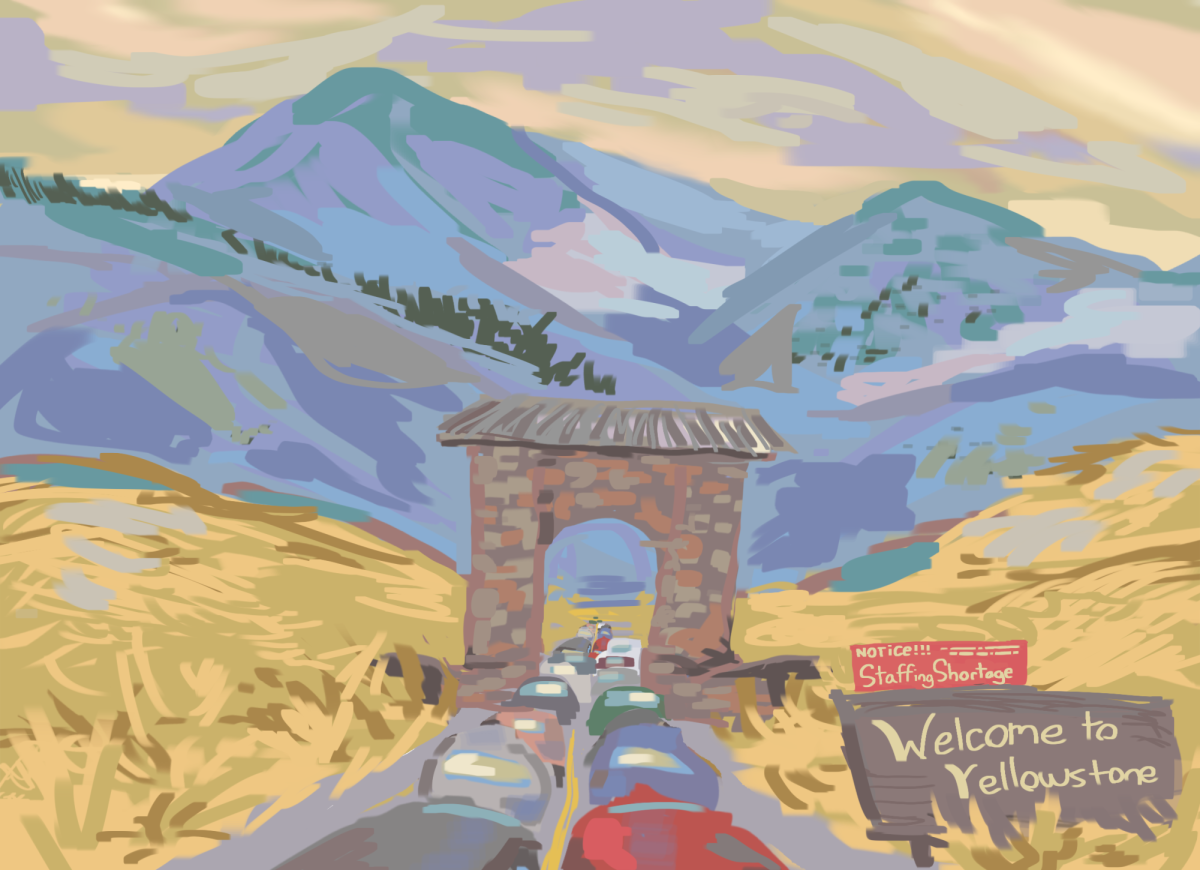
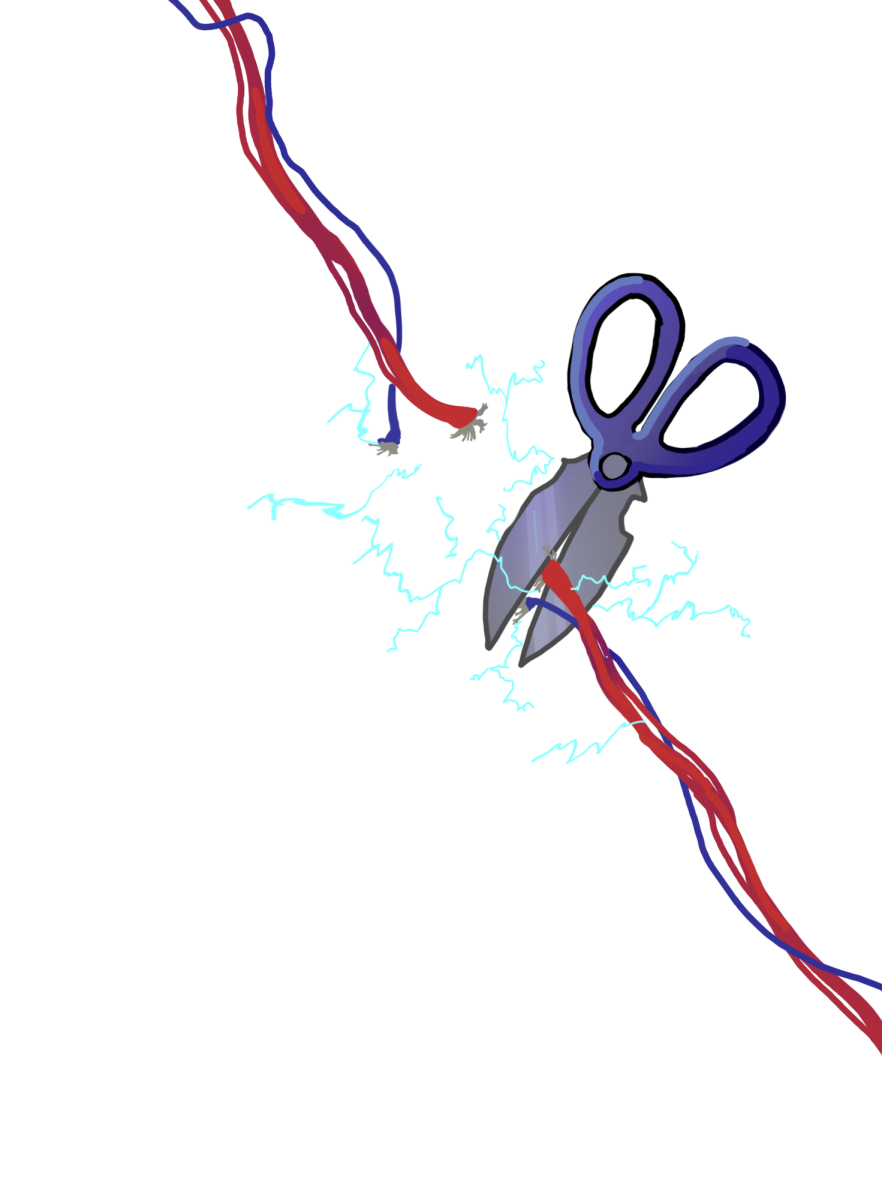
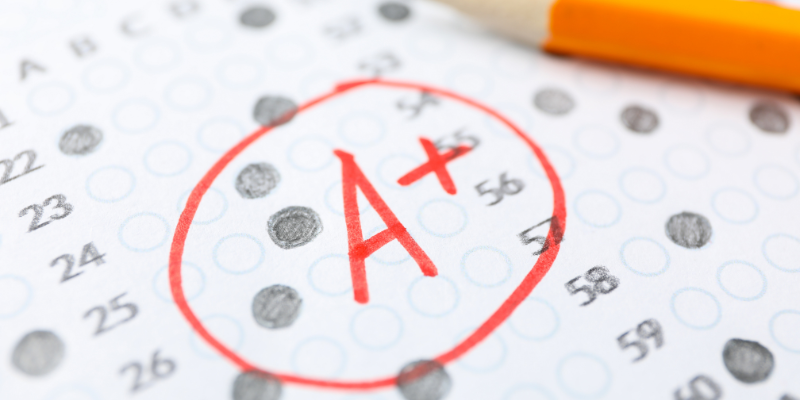




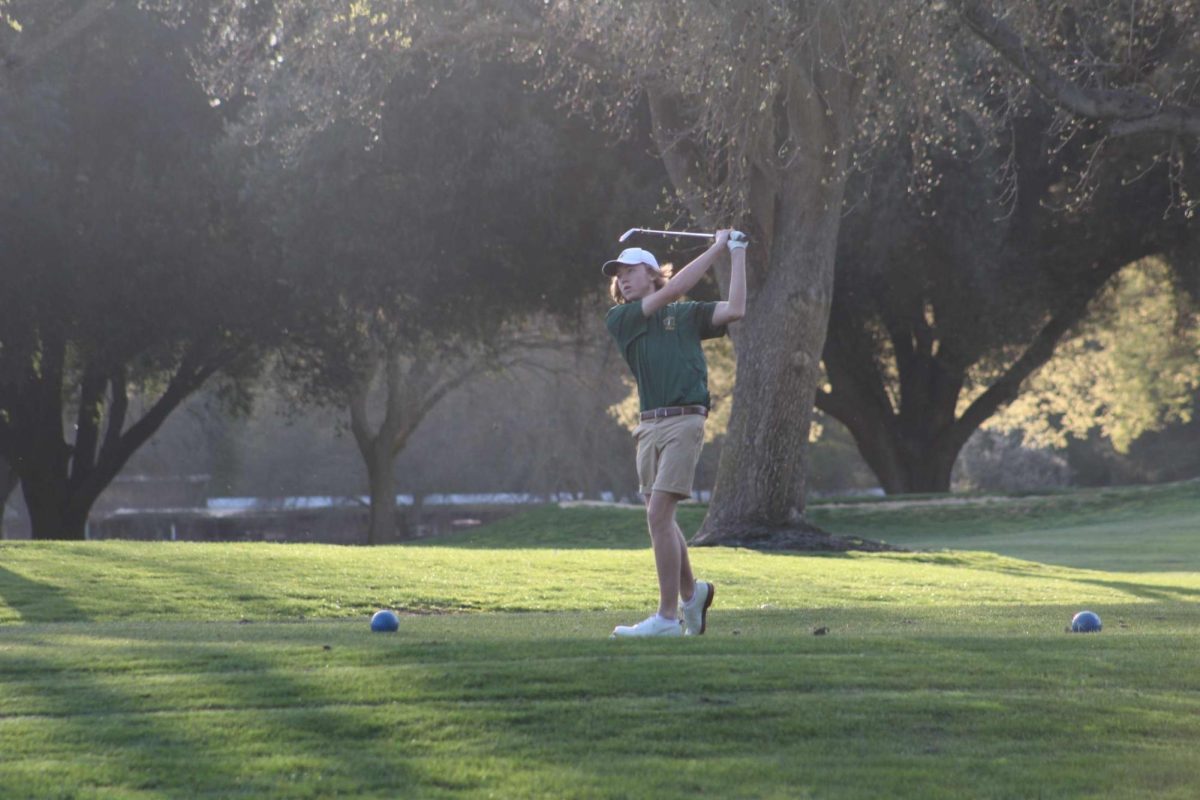


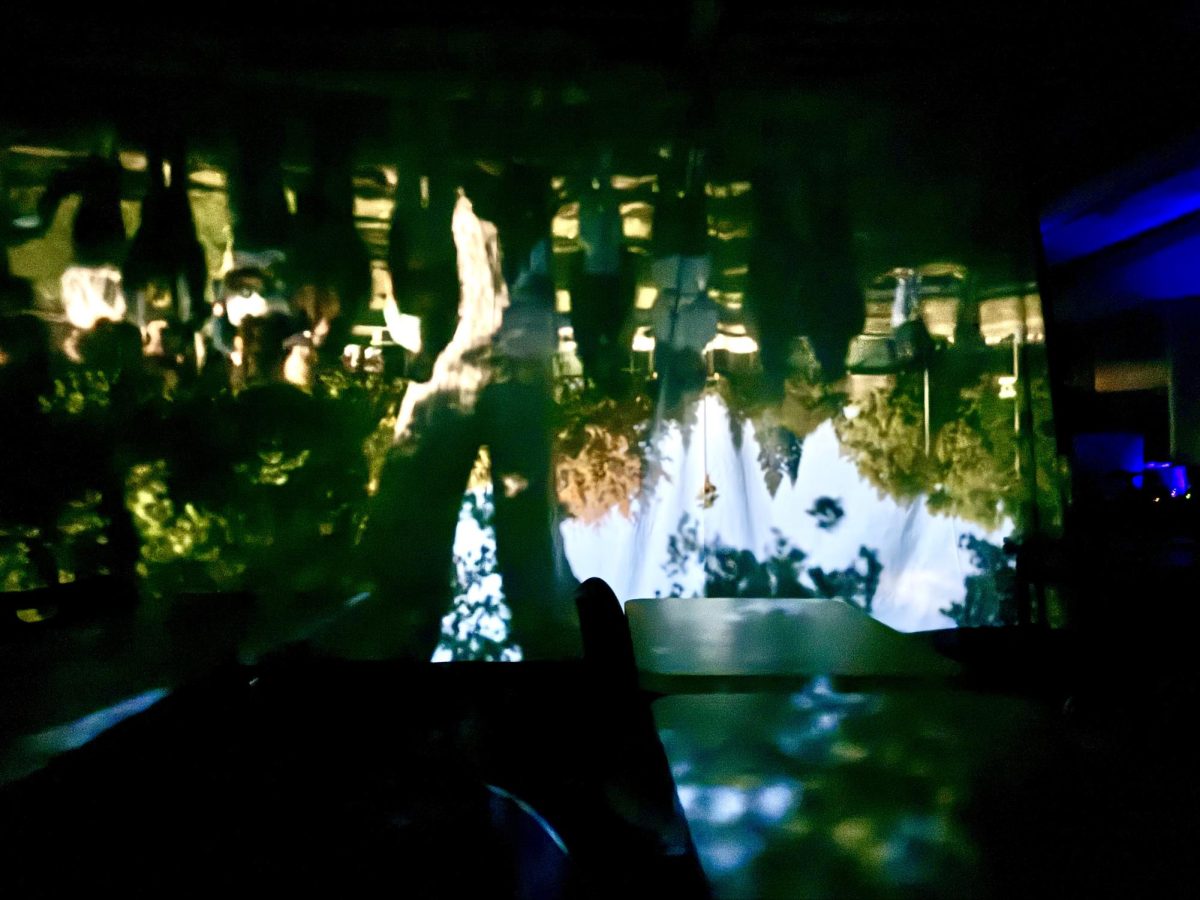
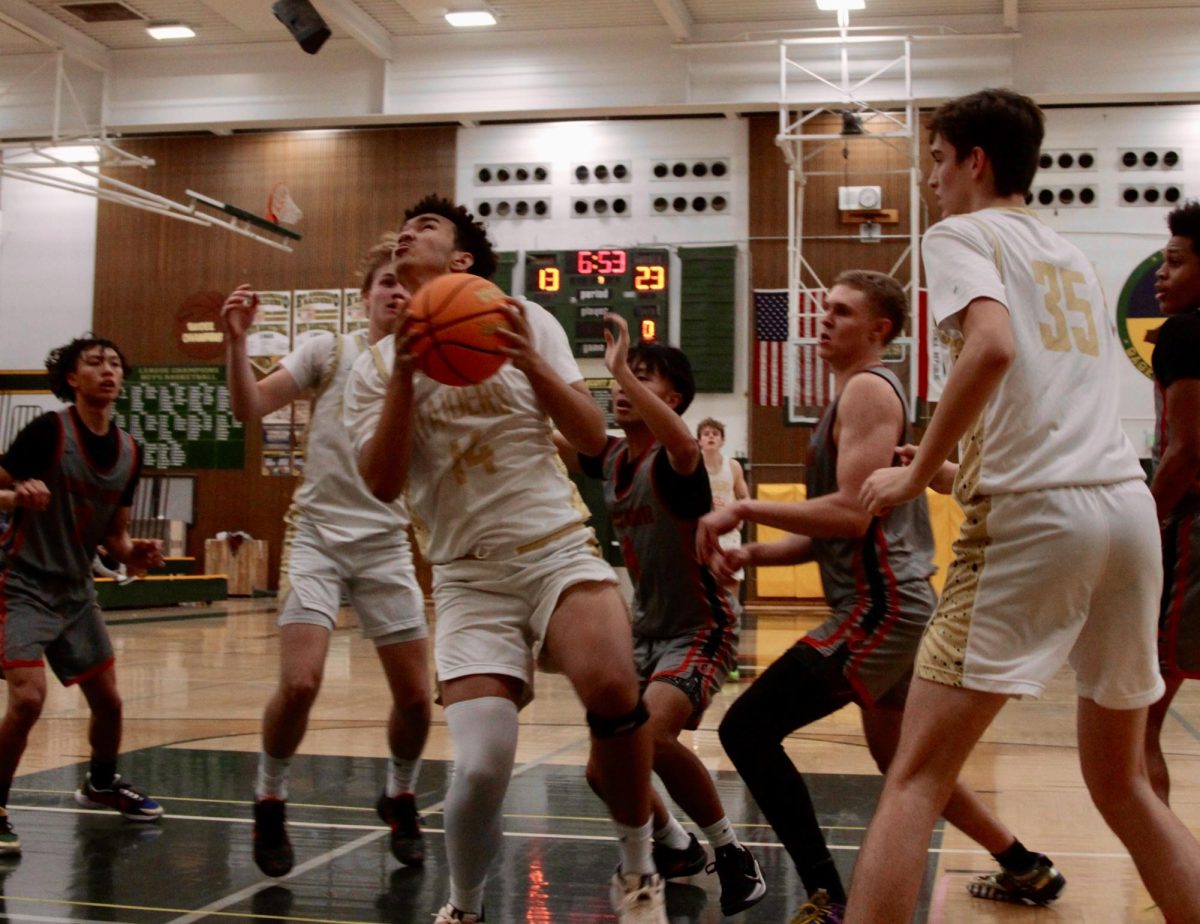







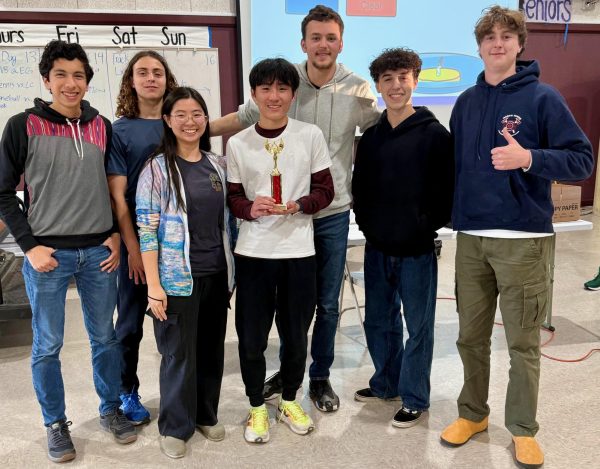

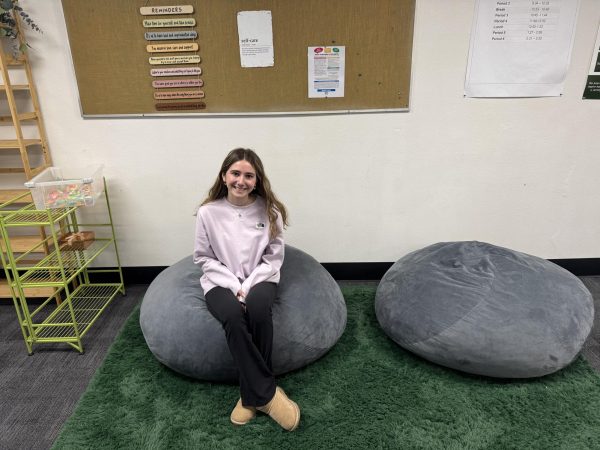

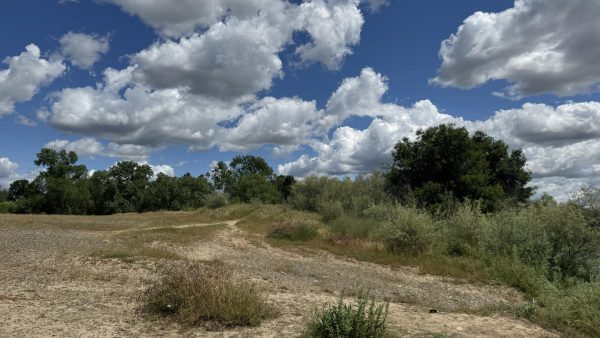
Nikhil Patel • Jun 1, 2021 at 7:54 PM
I really love the idea of handmade beeswax sandwich bags; it’s a great approach to solve such a prevalent issue. I think it’s very important that we humans keep the earth and animals safe and cut back on plastic production, considering it is not biodegradable.
Camille Davis • May 31, 2021 at 8:44 PM
I like that this article not only said why plastic pollution was bad but also gave great simple alternatives for the plastic we use daily.
Margot Cross • May 28, 2021 at 9:05 AM
This is really neat.
Valeria Vera • May 23, 2021 at 11:55 PM
The Beeswax Sandwich Pouches are a great idea as an alternative to lessen the use of plastic in our everyday lives
Abby • May 23, 2021 at 11:36 PM
Such a great idea and execution !!
Logan Farrar • May 23, 2021 at 9:23 PM
This is a great idea!
Matthew Beilby • May 23, 2021 at 6:22 PM
Plastic pollution could soon be our planets demise if action isn’t taken soon. Like the article said, voting for policies and bills is the easiest and most efficient way to help save the planet before the effects of pollution will become inevitable.
Berta Zepeda • May 23, 2021 at 5:17 PM
I enjoyed reading this article! There were many things I did not know about the use of plastic and the effects it is having in our environment. It is good that you are finding a way to make these things into something better such as making sandwich pouches.
Breanna Borja • May 20, 2021 at 12:05 PM
I love that with this article you gave options that we can decide to make in our everyday life and that you even included an accessable alternative to plastic sandwich bags!